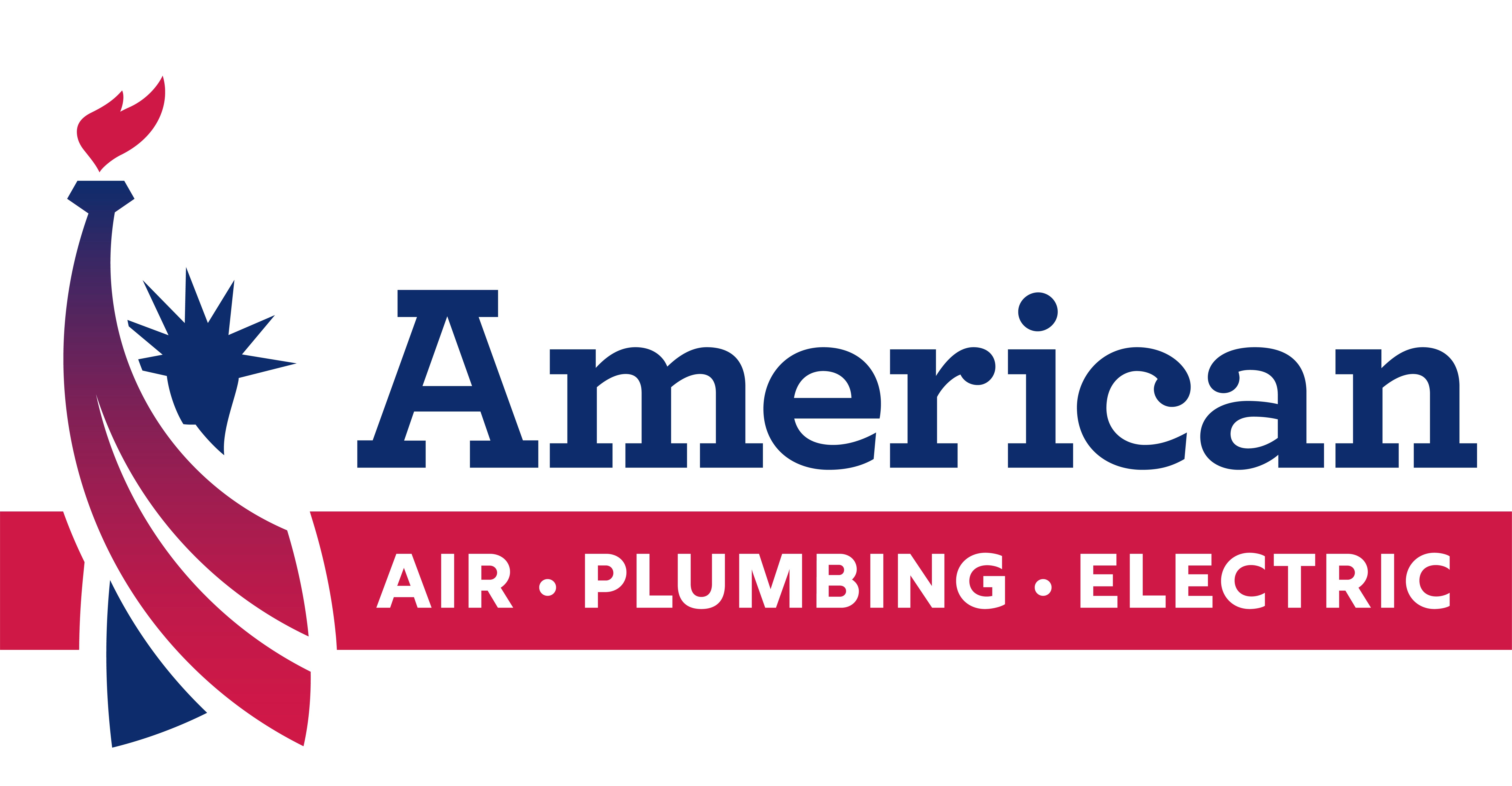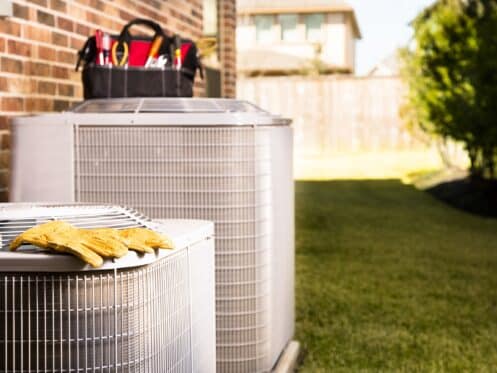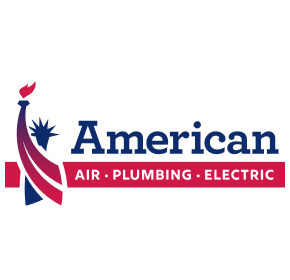If your home is like most others here in Oviedo, FL, it likely relies on a ducted HVAC system. Ducted, split system HVAC is the most common type of climate control system in use in the US today. The reason for that is simple. It’s that centralized heating and cooling have historically been the most efficient way to control the inside temperature of a building. However, they’re far from perfect. One common issue that homeowners with such systems face is that they tend to create hot and cold spots throughout their homes. That happens because split systems rely on a centrally-located thermostat, which doesn’t necessarily represent conditions in every part of the home. But it turns out that there’s a solution to that problem. It’s called a zone control system, and it can correct some of the biggest shortcomings of conventional ducted split HVAC systems and improve overall comfort. Here’s what a zone control system is and how it works.
What Is an HVAC Zone Control System?
Put simply, an HVAC zone control system splits up your home’s ductwork into multiple smaller heating and cooling zones. This allows for different parts of your home to have their own thermostats. Critically, however, a zone control system does this while still relying on a single central HVAC system.
In most two-floor homes, you’d use an HVAC zone control system to split the ductwork into upstairs and downstairs zones. The reason for that is the fact that heat rises, and it’s typical for a home’s thermostat to be on the first floor. This means it’s not unusual for the second floor of a home to be too hot in the summer because the rising heat gets trapped there. Then, in the winter, the HVAC system will run for longer than it should to compensate for the colder first-floor temperatures.
With your two-floor home split into two heating and cooling zones, uneven heating and cooling isn’t a problem. That’s because the thermostat on the second floor will call for as much cooling as necessary in the summer, while the first-floor thermostat instructs the system to stop providing cold air to its part of the home. In the winter, the opposite will happen, thus cutting down on unnecessary and wasteful overheating.
How Does an HVAC Zone Control System Work?
The key to an HVAC zone control system’s precise control of your indoor temperatures lies in its use of motorized ductwork dampers. These are like small doors installed at key points in your home’s duct system, which can open and close when asked to by a remote-control system. That is how an HVAC zone control system can segment your ductwork into individually controlled temperature zones.
In an HVAC zone control system, every thermostat in your home talks back to your HVAC system, letting it know when to turn on or off. However, zone control systems also include a master zone control panel, which serves as the brain of the system. Its job is to monitor the status of each zone’s thermostat and associated dampers. It’s like a traffic signal that decides when cold or hot air should flow and which parts of your home need it.
So, for example, if your second floor requested air conditioning, but the first floor didn’t, the zone control panel would spring into action. It would close the damper leading to the ducts serving the first floor and open the one leading to the second-floor ductwork. Then, it would ask your home’s air conditioning system to switch on. And once the upstairs thermostat indicated that no further cool air was needed, the control panel would instruct the air conditioner to turn off.
The Benefits of an HVAC Zone Control System
There are a variety of reasons why you might choose to install an HVAC zone control system in your home. However, not all of the benefits of such systems are readily obvious. Here are the major benefits you’d get from an HVAC zone control system.
More Precise Indoor Temperature Control
The most obvious benefit of an HVAC zone control system is that it gives you much more precise control over your home’s indoor temperature. And you can customize a zoned system to meet your home’s specific needs, too. So, if you have more than two floors in your home, you could install as many zones as necessary to give you the temperature control you desire. And HVAC zones aren’t limited to entire floors, either. You could also split your home into one zone for the front rooms in your home and another for the rear. The possible combinations are endless.
Improved Energy Efficiency
An HVAC zone control system will also improve your HVAC energy efficiency. This is because a zoned system lets you reduce HVAC usage by prioritizing the temperature in the rooms you’re using at any given time. For example, you could set your thermostats to reduce HVAC usage in your home’s bedrooms during the day while maintaining comfortable temperatures in your living spaces. Then, at night, you could do the opposite to save even more energy. According to the US Department of Energy, adding an HVAC zone control system to your home could save you up to 30% on your heating and cooling costs.
Reduced Hvac Wear and Tear
An HVAC zone control system will also help you reduce wear and tear on your HVAC system. That’s because zoned HVAC systems run for fewer average hours per day due to decreased demand. That will help you maximize your investment in your HVAC system and prevent the need for a premature replacement. Plus, it should reduce your ongoing maintenance costs because your HVAC’s major components won’t wear out as quickly.
Superior Comfort
An HVAC zone control system will also deliver superior comfort for everyone in your home. By designing a zoning system that takes your home’s usage patterns into account, you can use your HVAC to meet the unique comfort preferences of everyone in your home. For example, if there’s someone in your home who loves turning the heat way up at night in the winter, you can segment their bedroom into its own zone. Then they can stay as warm as they wish without affecting anyone else in the home.
Your HVAC Zone Control System Experts
If you live in the Oviedo, FL, area and want an HVAC zone control system for your home, American Air, Plumbing, and Electrical can help. Our expert HVAC specialists can help you to design a zoning system that meets your specific comfort needs. Then, our team of NATE-certified HVAC technicians can install the system for you. And that’s not all. We also offer comprehensive HVAC services, including system installation, repair, and maintenance. We even carry and install the latest ductless HVAC systems, too. And we complement those services with indoor air quality, ductwork, and thermostat services, as well.
So, if you’d like to install an HVAC zone control system in your Oviedo, FL, home, call the team at American Air, Plumbing, and Electrical today!


